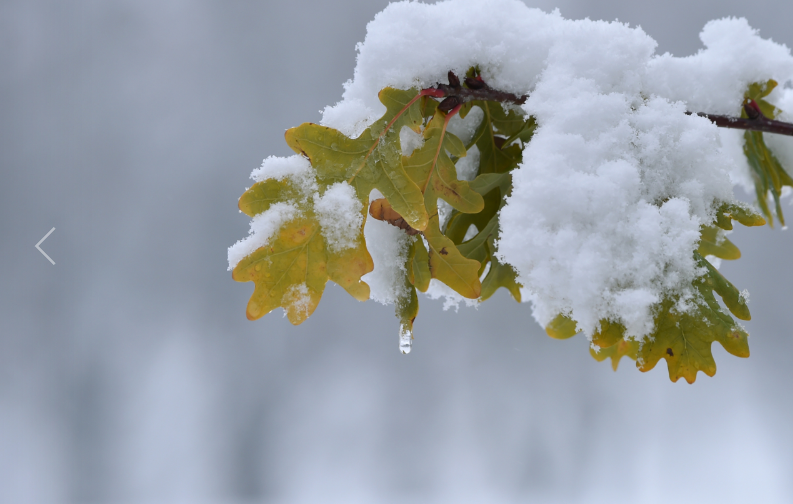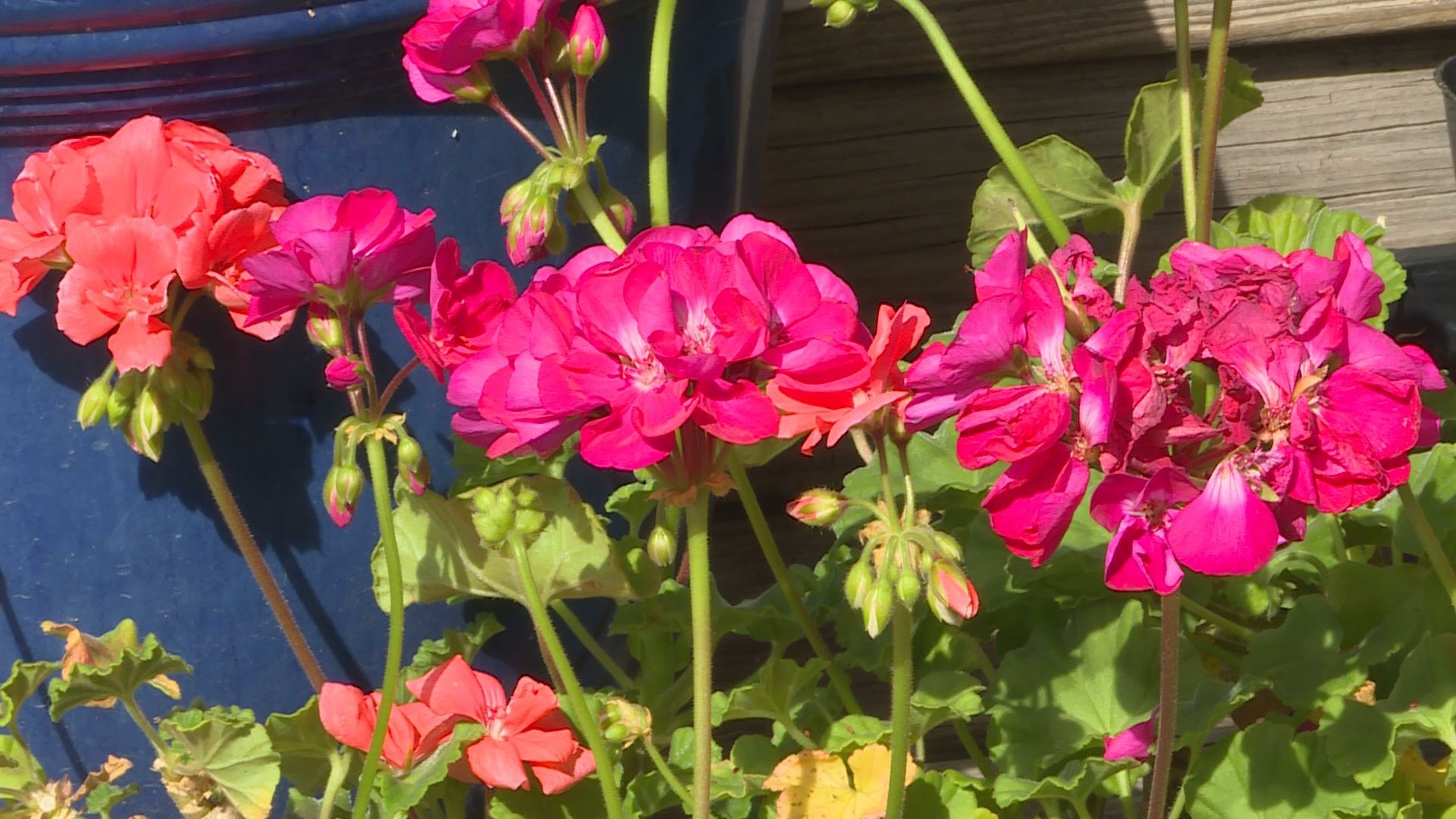As winter closes in, take steps to protect two groups of plants, roses and evergreens.
Roses that are grown in pots -- and I've got a lot of them -- are vulnerable just because of the cold.
I'm finally hauling them to the compost pile where they'll stay buried beneath plant debris all winter.
They usually make it through just fine. Your potted roses can also be protected by placing them in an unheated garage or shed. Although they're not in active growth, don't forget to water them.
Hybrid tea roses are at the most peril in winter. While shrub roses don't usually need any particular winter protection because they're growing on their own rots, hybrid tea roses are grafted. The top part of the plant is the variety of rose that produces the pretty flowers. It's grafted onto a wild rose root stock. These wild roots are much more vigorous than those of the plant on top would have been, making the top part more vigorous as well.
What happens in winter is that the grafted section often freezes and fails. That's the big knot at the base of the plant where the two parts are joined. So it's vitally important to protect that graft with a big mound of soil.
If you don't, either the whole plant will die, or just the wild root stock will survive. When the wild rose takes over you end up with a crazy, vigorous, thorny rose that doesn't bloom.
It goes without saying that now is the totally wrong time to cut roses back. Put away your pruners until spring.
Some evergreens are also vulnerable to winter damage and death, especially if they're grown in pots. When the soil in the pots freezes, the roots can't pump any moisture up through the plant. The needles dry out and turn brown. We call this "winter burn." It can be prevented by spraying the needles with a protective coating that seals in moisture.
Some evergreens grown in the ground are also subject to winter burn or worse. We don't usually worry about pines, blue spruce or junipers but there are definitely concerns about dwarf Alberta spruce, dwarf conifers and especially arborvitae. The latter are notorious for dying by the thousands over winter. They're a bad choice in the first place but an anti-dessicant spray may help them survive winter. The west and south sides of evergreens are most vulnerable to winter kill.
Spray on a still day when temperatures are over 50 degrees. Cover the plant thoroughly. You only have to do it once for protection all winter. These sprays can also be used on Christmas trees, wreaths and garland. You'll have fewer needles to clean up.
Winter watering is really important if we have prolonged spells without snow. Trees, shrubs and perennials planted this year should be watered if it's dry, as well as potted shrubs and perennials. Keep a bucket handy and give your plants a fighting chance to survive.


